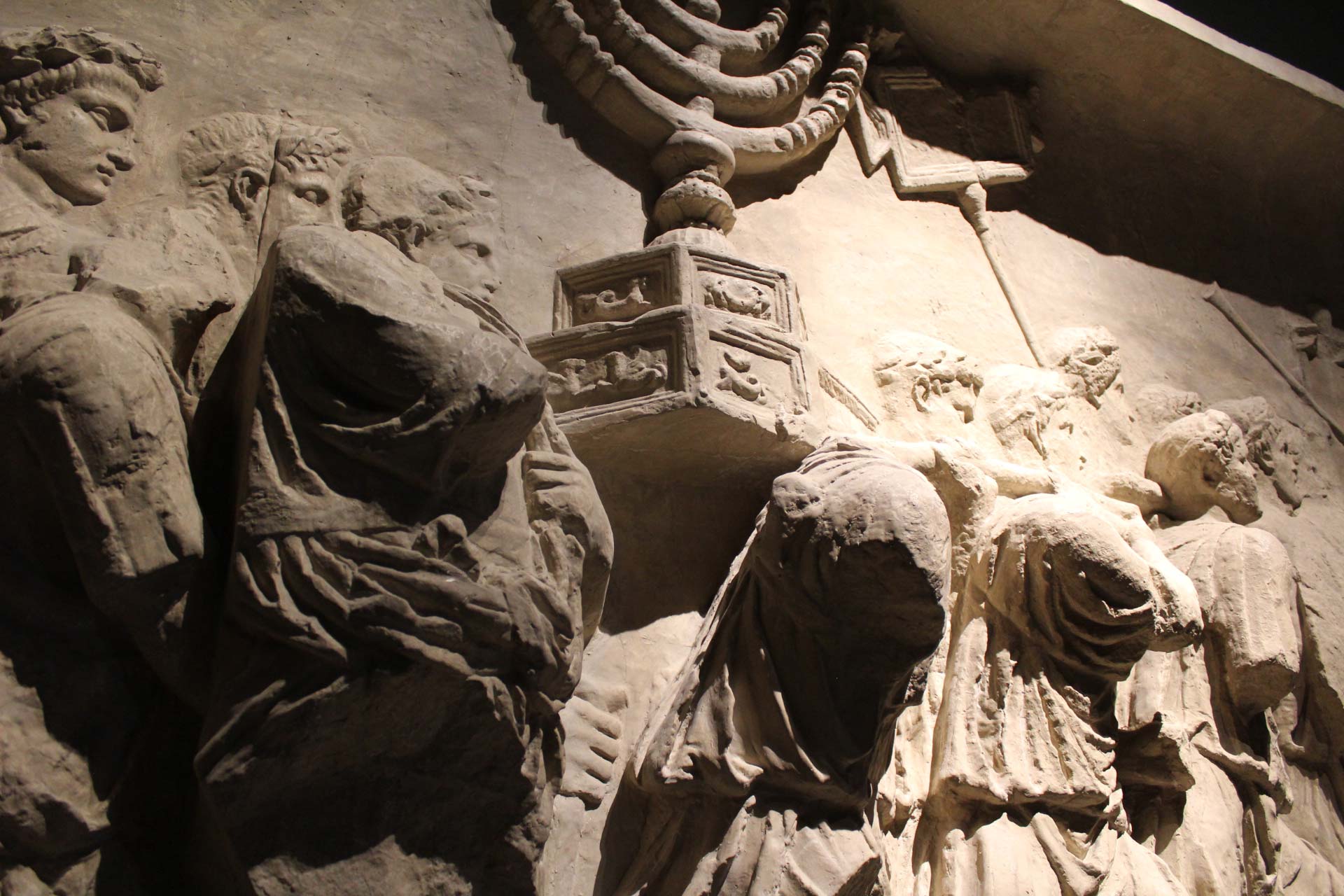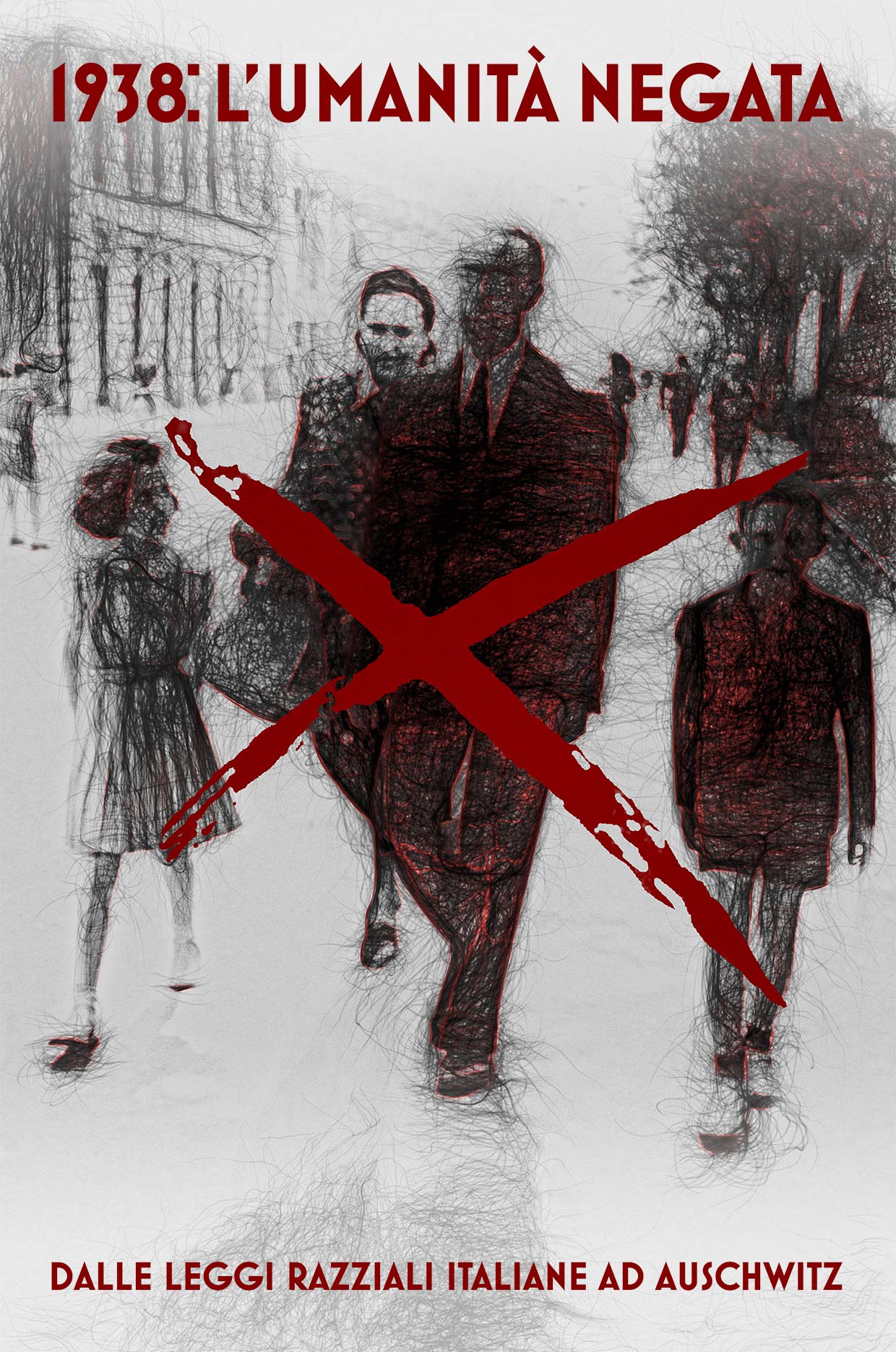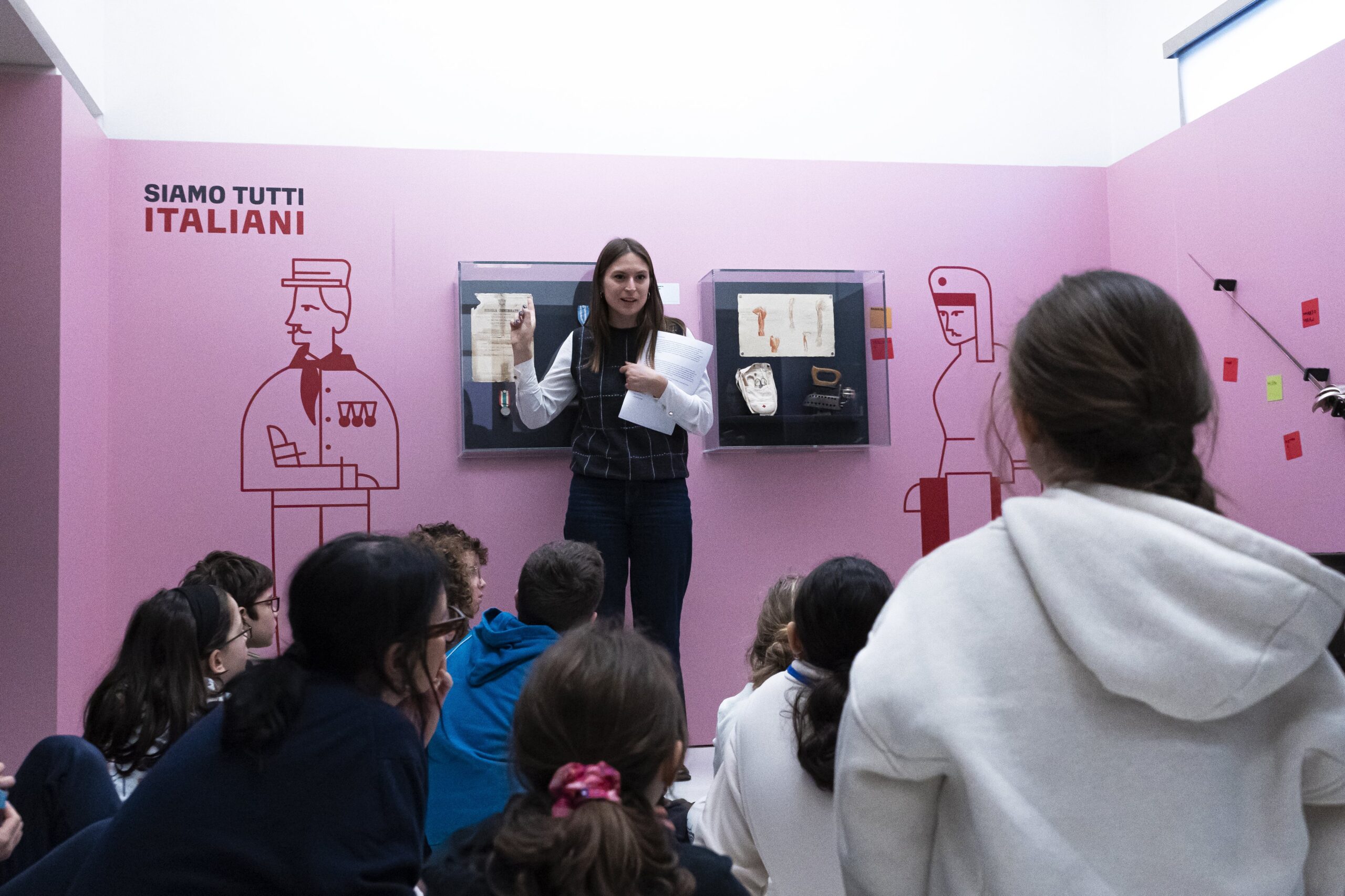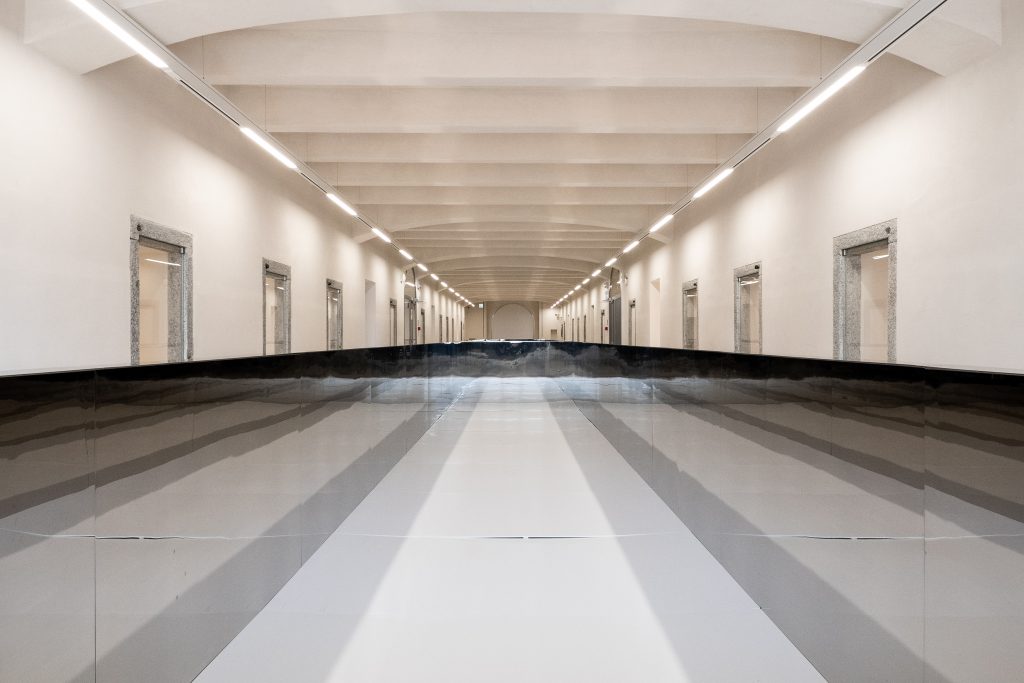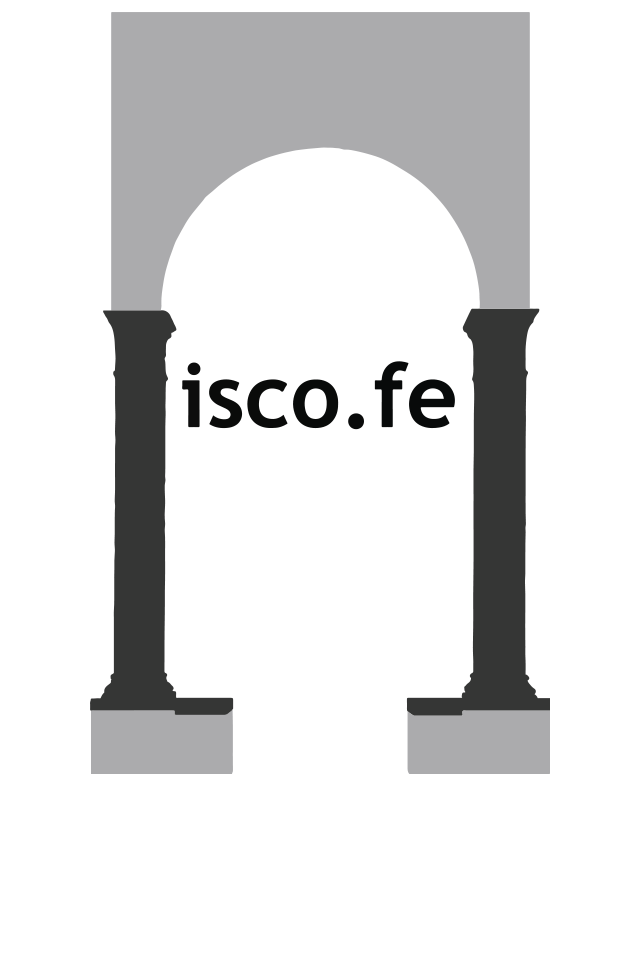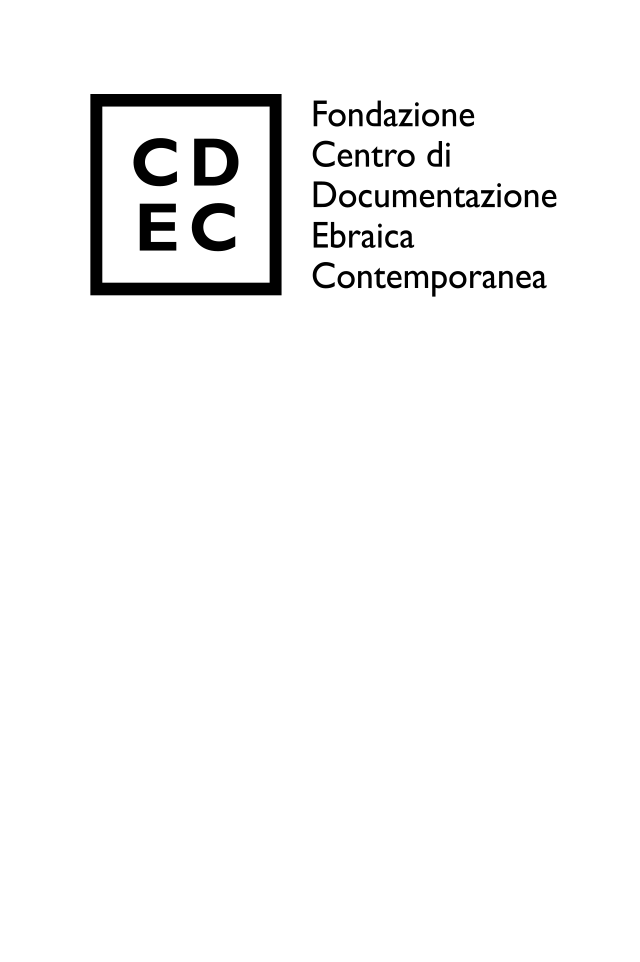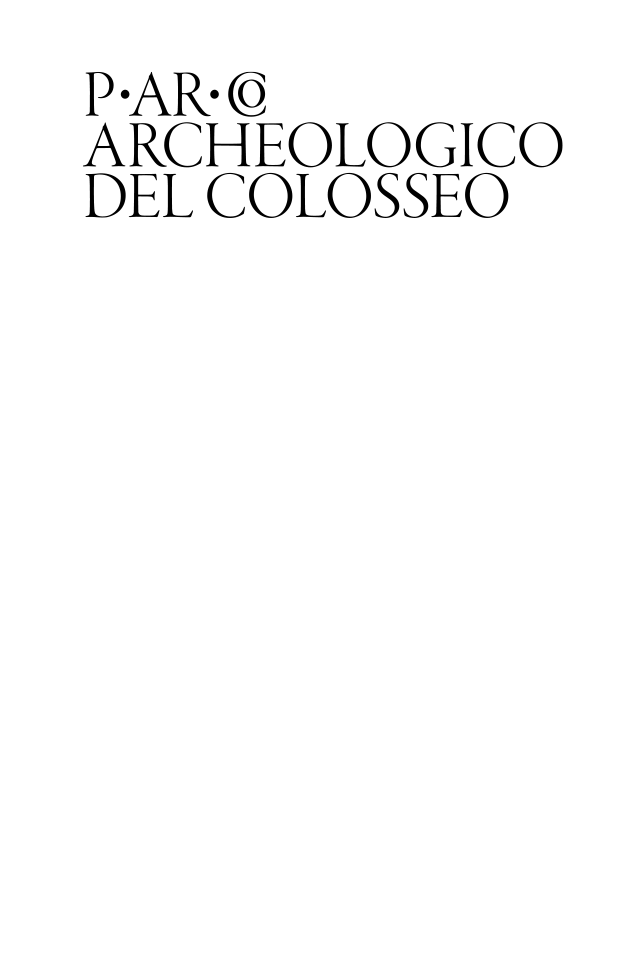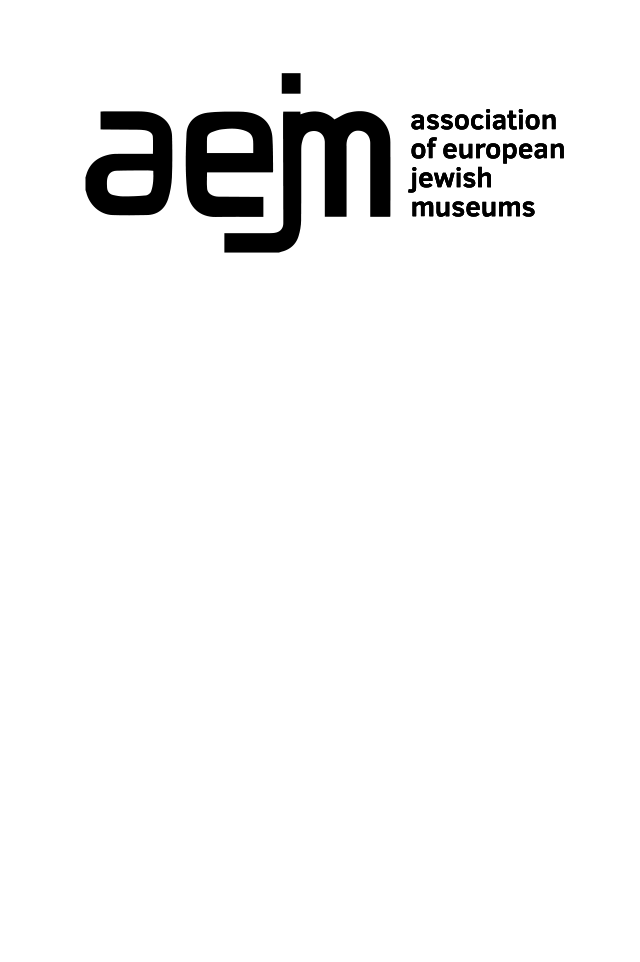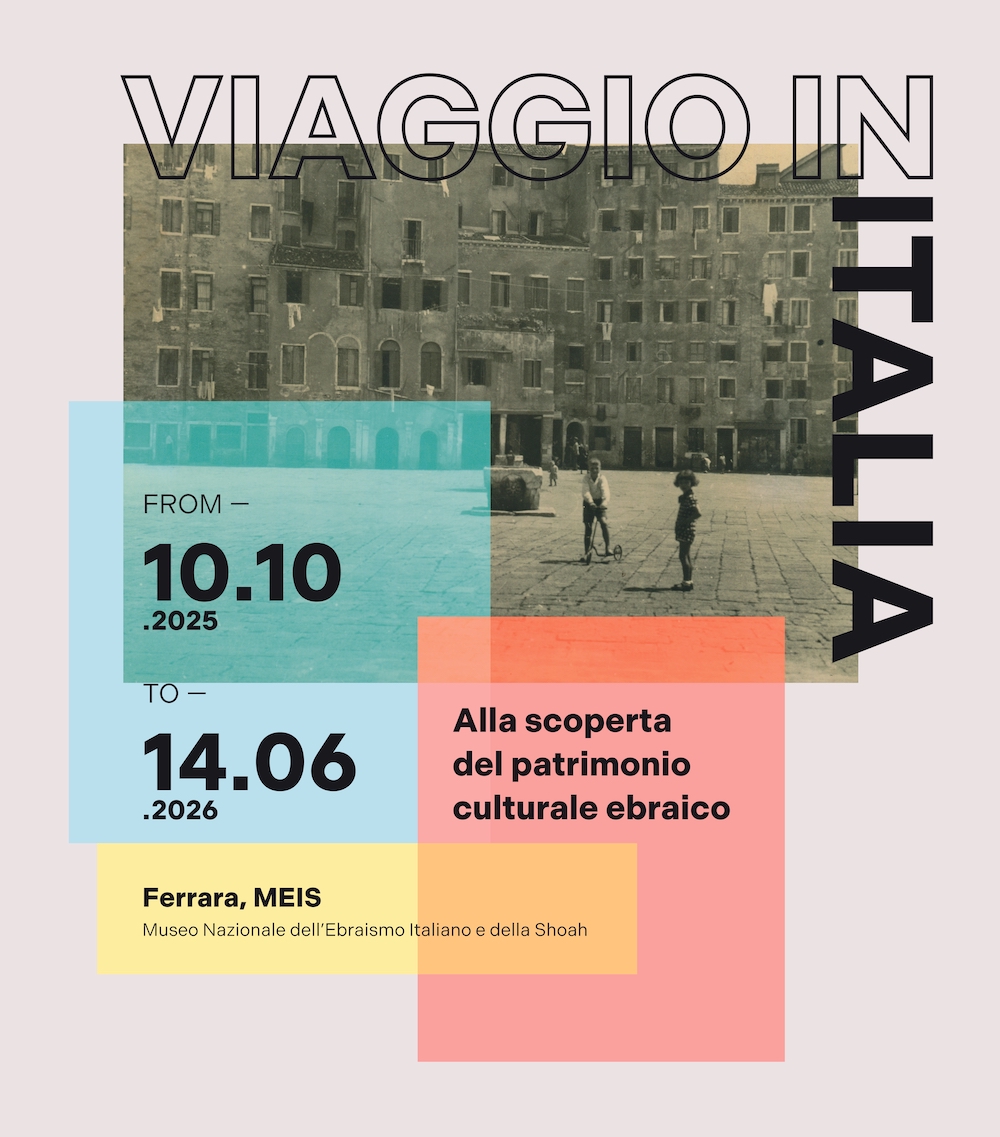
The Museo Nazionale dell’Ebraismo Italiano e della Shoah – MEIS (National Museum of Italian Judaism and the Shoah) was founded with Italian Law 91 of 17 April 2003, amended by Law 296 of 27 December 2006, to “bear witness to the events that have characterized the two thousand years of Jewish presence in Italy”.
This decision recognizes, and enhances, the exceptional continuity of the rich, uninterrupted — but not widely known — path travelled by the Jews, their traditions making a fundamental contribution to the history and fabric of the nation; a cultural contribution wrought between periods of calmer coexistence and fruitful interaction and other tragic times of persecution and banishment, culminating in the tragedy of the Shoah.
In recounting the life experience of a consolidated minority, MEIS serves, above all, as a place of meeting and sharing. Open to all, it is a laboratory of ideas and reflections to stimulate the debate on Judaism, its future in Italy and on the value of dialogue between cultures.
the Statute of the Museum
